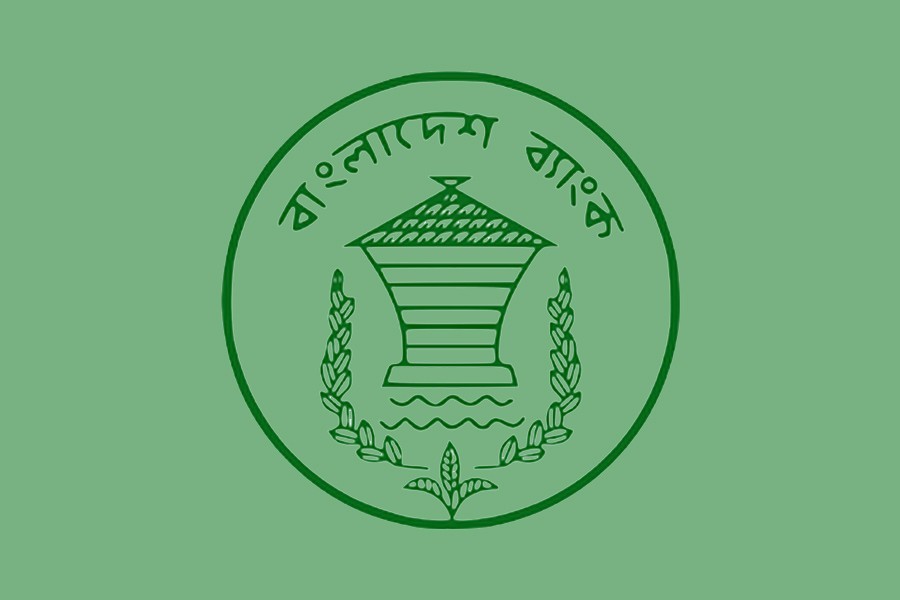The central bank has imposed an additional 1.0 per cent general provision against all unclassified loans aiming to improve financial health along with the shock-absorbing capacity of banks, officials said.
Under the new policy, all scheduled banks will have to keep the additional provision against unclassified including special mention account (SMA) loans under 'Special General Provision-COVID-19' that will not be transferable until further notice of the central bank, according to a notification issued by the Bangladesh Bank (BB) on Thursday.
A continuous loan, demand loan, or term loan, which will remain overdue for a period of 02 (two) months or more, will be put into the SMA that will have to be reported to the Credit Information Bureau (CIB) of the central bank.
"We've imposed 1.0 per cent additional general provision against such loans to face the future challenges of the country's banking sector for the years 2021-22," Abu Farah Md. Naser, executive director of the BB, told the FE while explaining the main objective of the policy. He further said it will also help improve capital base in the form of Tier-2 as well as the financial health of the banks.
Tier 2 capital, also called 'gone-concern capital', represents other elements that fall short of some of the characteristics of the core capital but contribute to the overall strength of a bank.
The Special General Provision-COVID-19 will be shown separately in the balance sheet of the banks for 2020, it added.
Besides, the banks will have to comply with the existing regulations on provisioning against all types of loans properly, according to the BB officials.
Under the existing regulations, the banks have to keep 0.25 per cent to 2.0 per cent provisions against loans under the general category, 20 per cent against substandard category, 50 per cent against doubtful loans, and 100 per cent against bad or loss category.
The banks usually keep the required provisions against both classified and unclassified loans from their operating profits in order to mitigate risks.
On the other hand, the banks are allowed to transfer interest incomes excepting cash recovery into their operational profit accounts after fulfilling three conditions of the central bank, the officials added.
Under the conditions, approval by the board of directors along with the recommendation of the audit committee of the banks concerned will be required for transferring interest against Tk 100 million and above loans into income account.
With the recommendation of the branch manager and approved by the managing director or chief executive officer, interest against loans amounting to Tk 50 million or more but less than Tk 100 million will be credited into income accounts while the recommendation of the branch manager and approved by the regional head for transferring interest against loans amounting to below Tk 50 million into income account.
"We've imposed such conditions to check the outflow of funds from the banks through providing dividends that will be fixed on the basis of distributable profits," another BB official said while replying to a query. He also said such policy will help squeeze profits that might be increased significantly because of the suspension of rules for classification of loans from January 01 to December 31.
Besides, the repayment of all loan instalments has been deferred during the period under review mainly due to the pandemic situation, he added.
Talking to the FE, M A Halim Chowdhury, managing director (MD) and chief executive officer (CEO) of Pubali Bank Limited, said it is necessary for mitigating the future risk of the banks.
"The BB's latest policy will also help strengthen the financial health of the country's banking sector," the senior banker noted.
On the other hand, Syed Mahbubur Rahman, former chairman of the Association of Bankers, Bangladesh (ABB), said some banks will face difficulties in complying with the Special General Provision-COVID-19 rule of the BB.
"The additional provision against all unclassified loans should not be applicable for the borrowers, who paid their installments regularly despite the ongoing Covid-19 pandemic," Mr. Rahman, also managing director (MD) and chief executive officer (CEO) of Mutual Trust Bank Limited, noted.


